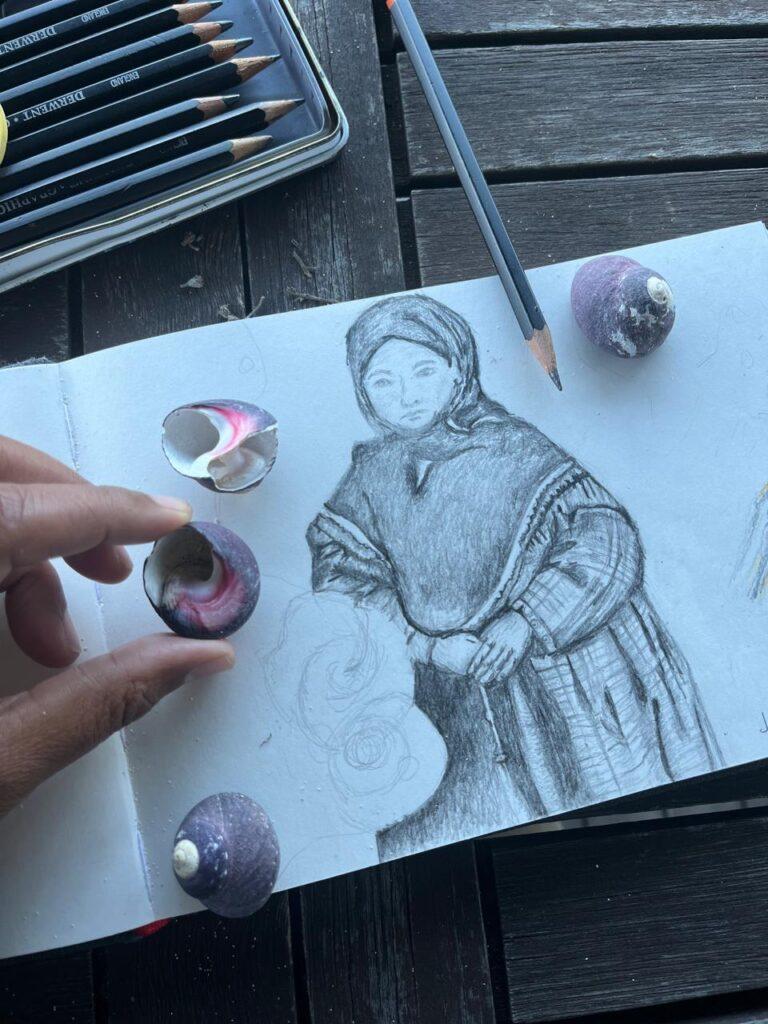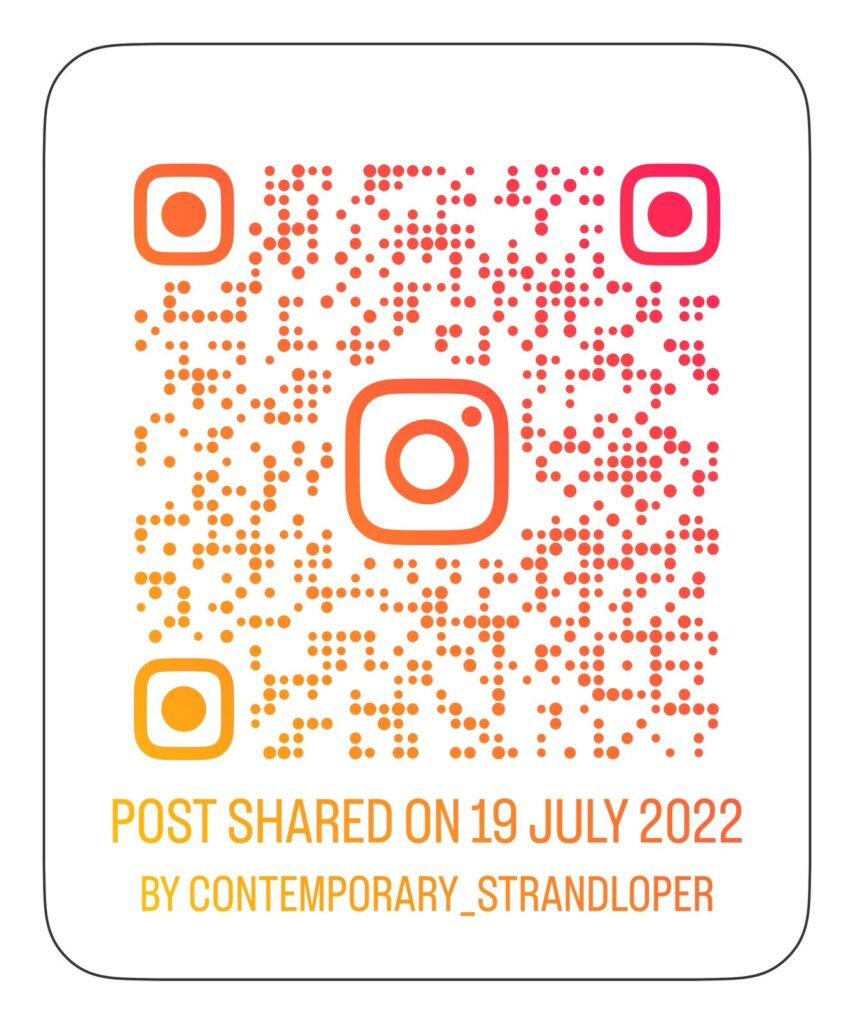Caring for our hydrocommons and our marine environment is critical for the health of the ocean, the planet as well as the humans and more-than-humans that reside here. We live on a blue planet and healthy oceans provide oxygen for us to breathe and survive. Yet we do not all share in our responsibility equally to care for this common resource. Muddling through how we overcome this is important for understanding care and privileged irresponsibility in a South African post-apartheid context. My doctorate is specifically working towards addressing the injustices of our South African apartheid legacy and co-creating care for our hydrocommons.
The research focuses on humans’ understanding of care for the marine environment and considers how we might co-develop a pedagogy of care for our hydrocommons in South Africa. It is now 30 years after democracy in South Africa, yet the history and legacy of apartheid continues and has an effect on Black and Indigenous People of Colour (BIPOC) by excluding them from the ocean and other spaces. My contribution considers regenerative care practices which are culturally sensitive and emergent. The study is informed by the complementary frameworks of research creation, transgressive learning, agential realism and decoloniality. These frameworks inspire the methodology of the research to provide a critical thinking space for exploring how we support and understand regenerative care practices for our marine environment. The methods discussed in this chapter includes practices of ‘strandlooping’, swimming and collectively constructing and mending a hydro-rug, made of waste materials from the ocean.
Author(s)
Aaniyah Martin

